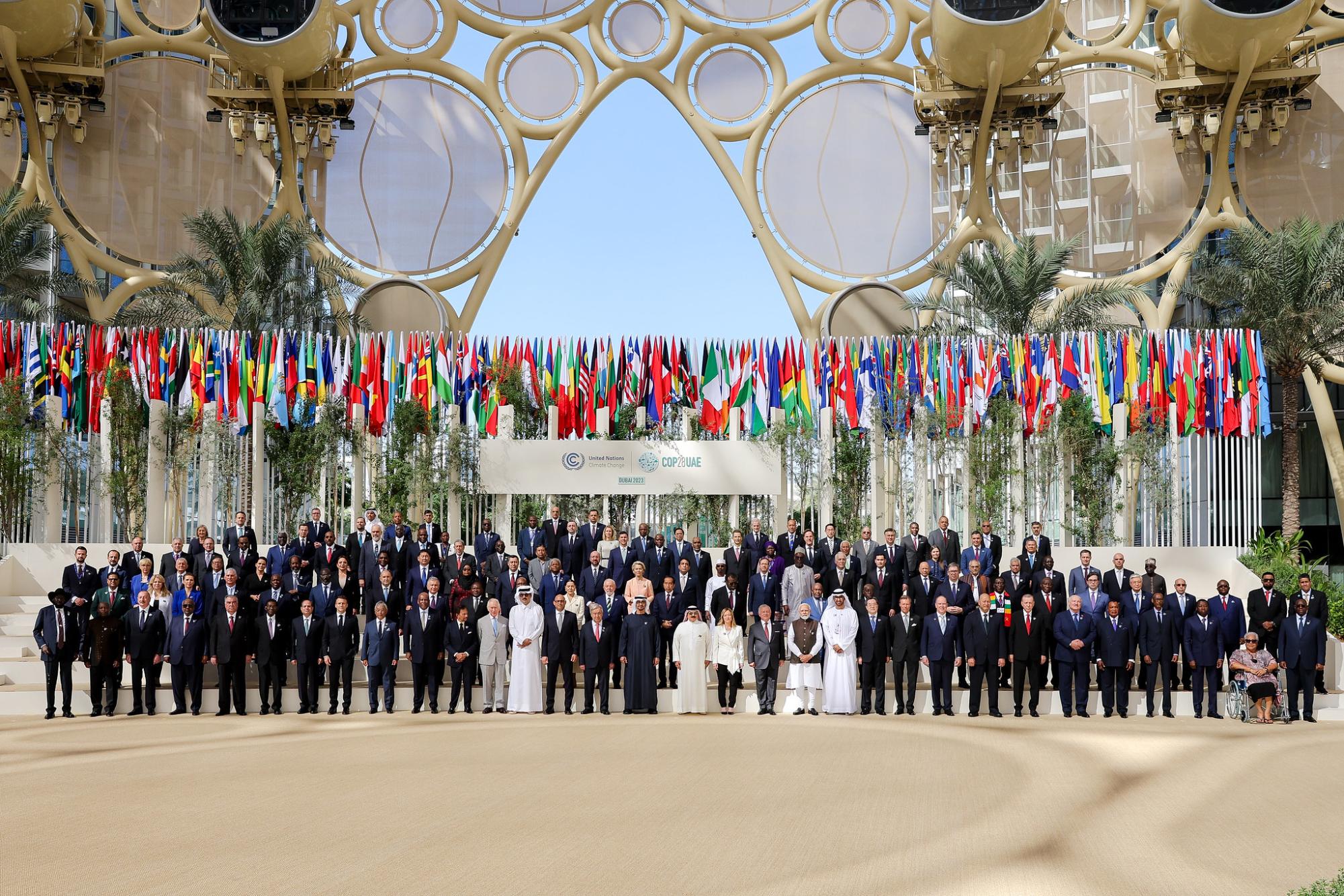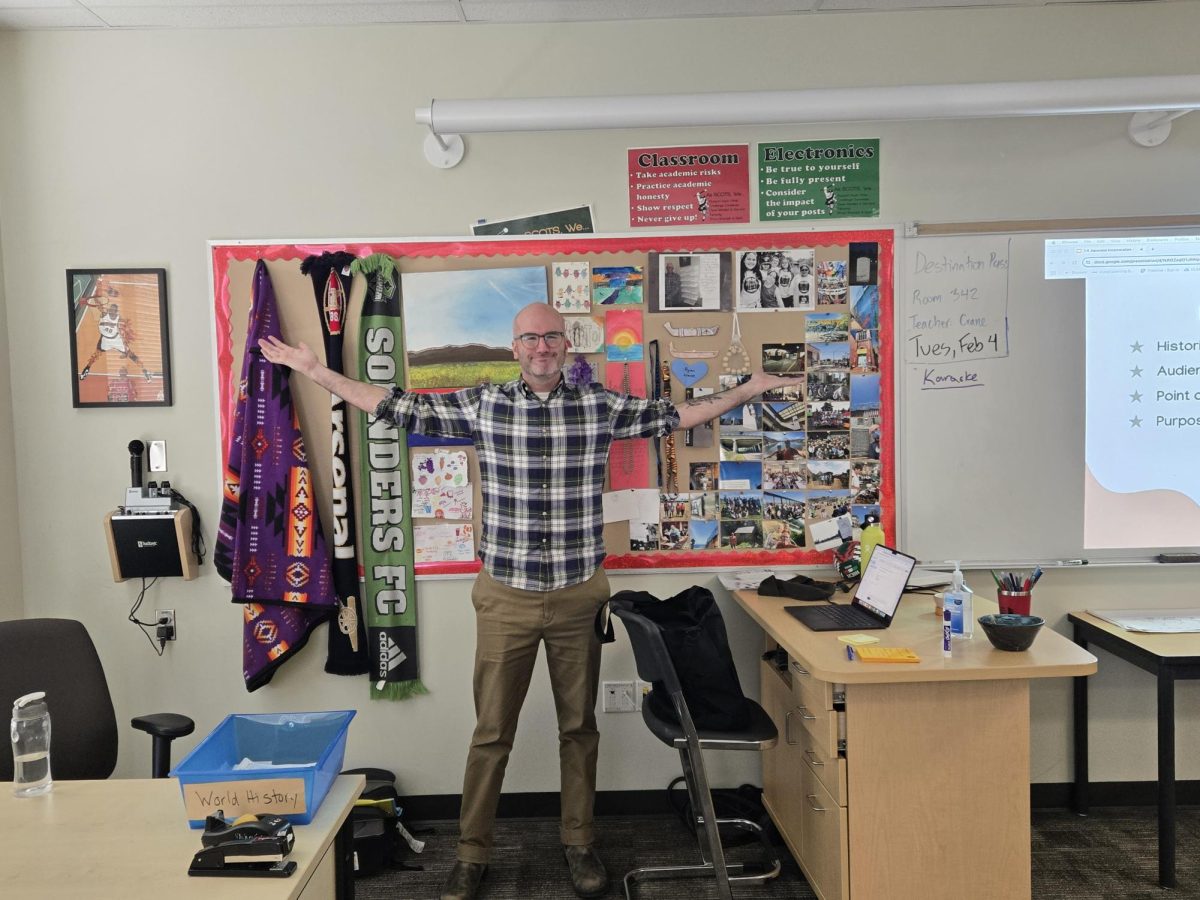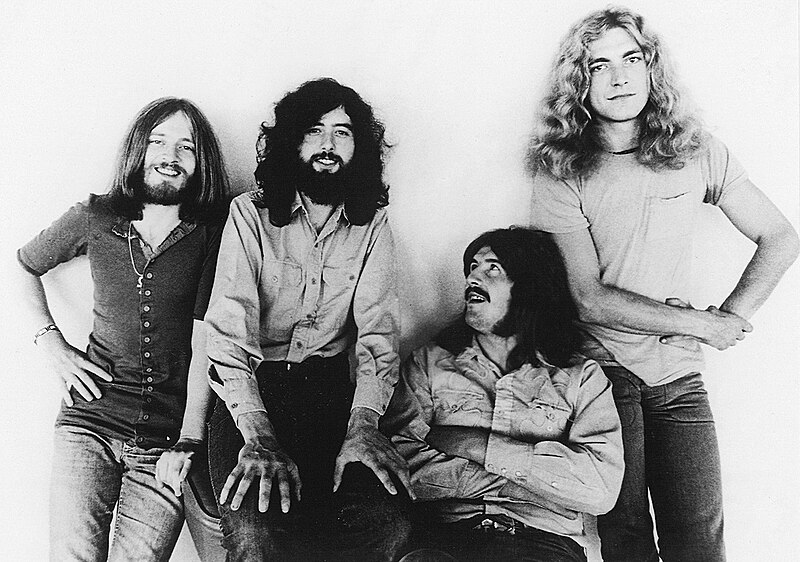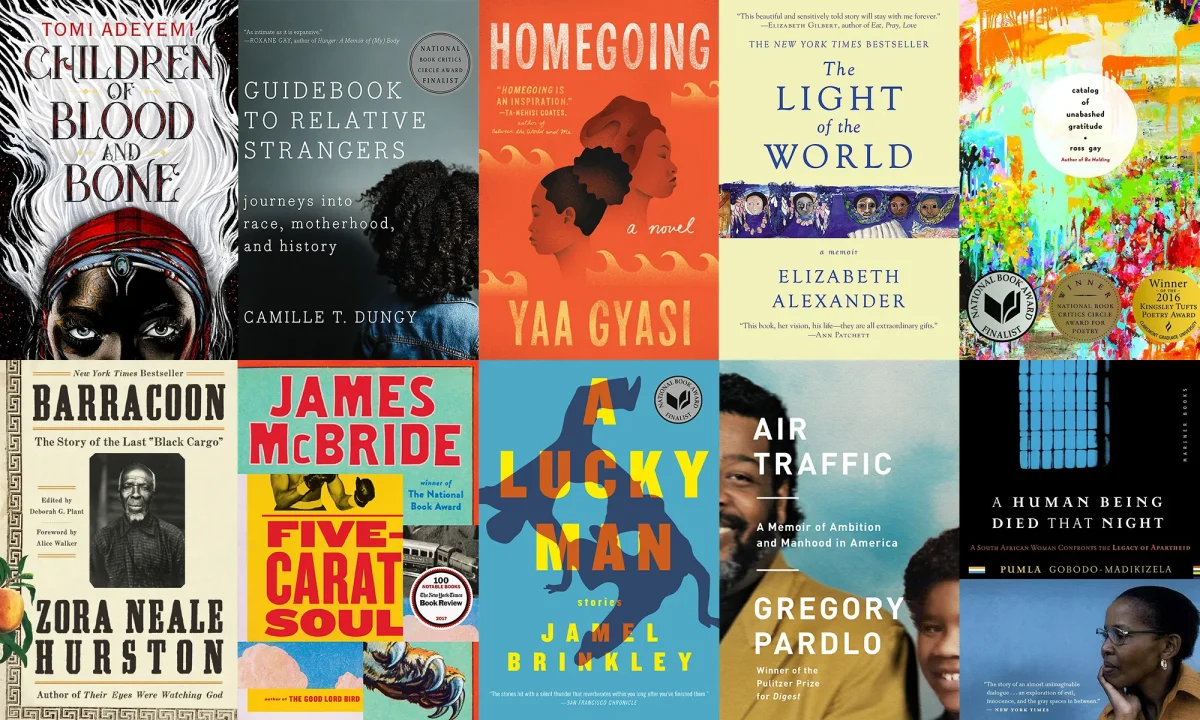The COP Climate Conferences have been a staple every year for decades. It’s normal to start hearing about it on a given day now and then, even if you haven’t heard it in a while. It’s a name, it’s just something to many people. For our generation, who’s been just hearing about it, knowing that it is something that’s been around for all our lives- but the normalcy of it happening doesn’t mean that the COP conference doesn’t matter, especially to our generation.
Generation ‘Z’ has been shown to care about the climate crises- and for good reason. 69% of those in Generation Z have reported having anxiety about the future due to climate change, according to a Pew Research Center Study. While going to rallies and sharing Instagram posts and stories genuinely does help raise awareness, one must also understand exactly what is happening; not just an “idea” that policies are helping climate change or hurting climate change.
Just last year, the Willow Project and attempts to stop it raised notoriety among social media, with said attempts often going viral and amassing many names on petitions. Despite this, the majority of people you would ask could not tell you the specifics about why, or how it happened- or even what the project was doing. They just knew it was “bad for climate change”, so they had to stop it. (Though if you do want to know more about it, fellow staff writer Linnea Claar has written a stellar overview about it, which you can find here.)
While these efforts are applaudable, this still doesn’t clarify what people are fighting against. Knowing when “good things” are coming for climate change, or being up on current events regarding it, will exponentially increase the opportunities available for awareness spreading and activism. With that being said, there have been some recent developments in climate change policy- especially regarding said COP28 conference from above.
The COP28 Climate Conference happened this past November and December, in which it was mired with controversy. Held in Dubai of the UAE, the conference’s president- which, in this event, means the one to lead conversations on climate change- has been marked as a climate change denier and “state sponsored”.
Sultan Ahmed Al-Jaber, on top of being the United Arab Emirates Minister of Industry and Advanced Technology, was granted with the honor of being this iteration of COP28’s president. Ironically, he is also the head of ADNOC- the Abu Dhabi National Oil Company.
Despite also being known for his work in leading Masdar, the state-owned renewable energy company, Al-Jaber has ironically managed to claim that there is “no science” that proves that phasing out fossil fuels will help our climate.
His exact quote states that “There is no science out there, or no scenario out there, that says that the phase-out of fossil fuel is what’s going to achieve 1.5C.” This puts a direct stain on 5 of the United Nations’s Sustainable Development goals; from #7 (affordable and clean energy) to #12 and #13, “Responsible Consumption” and “Climate Action” respectively. The current United Nations Secretary General, Antonio Guterres, has also been leading the United Nations in the direction of a green future.
Guterres has shown clear commitment to reversing climate change- due to his efforts to avoid “mass extinction” and an “atlas of human suffering”. He told delegates of COP28 specifically that “the science is clear”, perhaps a rebuttal of the COP28’s President’s claims.
Despite the controversy of the beginning of the conference, it ended with some major milestones- and as stated earlier, we should always take stock of the “good things”.
The first of these improvements for climate change is the implementation of the 2030 Roadmap for Climate Solutions, passed under the Marrakech partnership, which makes sure the Paris Agreement is fulfilled by making sure businesses, investors, countries, and regions work together on climate change mitigation.
The UAE Climate and Health Declaration was also signed by 125 countries. On top of that, 137 governments pledged to support food system transformation, regenerative agriculture, and climate-food innovation. The European Union also pledged 175 million Euros to reduce methane emissions across the energy sector.
Efforts are being continued to align with the Kunming Montreal Global Diversity Framework to address the triple planetary crisis- a catch-all term for the climate crisis, biodiversity crisis, and pollution crisis. This is due to the global stocktake, a new term introduced by the United Nations.
The first ever stocktake was performed at this past iteration of the COP conference, COP28. It “takes inventory”, in the words of the United Nations, to “identify the gaps” in their work against climate change. The effort made for this is astronomical, and lets hope it will continue to address those gaps in work.
The targets for the Global Goal of Adaptation were also agreed upon, with these targets covering water and food shortages, poverty eradication, health, and ecosystems. The Green Climate Fund was also replenished, with total pledges standing at 12.8 billion U.S. dollars from a total of 31 countries- a record breaking number.
188 million U.S. dollars have been pledged to the Adaptation Fund at COP28 alone, and the Special Climate Change fund has amassed 174 million USD alongside the Least Developed Countries fund.
Climate finance is one of the only ways climate action goes through and works, and despite only being numbers on screens, all of this goes to good use. COP28 also continued conversations on climate financing, creating a “new goal on climate finance” that starts with a 100 billion USD baseline, which will hopefully be implemented in 2025.
Nearly 200 parties have signed on to the global stocktake, a major part of the COP28 climate proceedings, and one of the many reasons the above positives were able to come out of the conference. And as has been stated across the world, COP28 is a marker of the “beginning of the end of the fossil fuels era”.
Despite a depth of controversy at the conference and the numbness to unfortunate news for many climate supporters, there is still hope. With the little time we have remaining, international powers are finally getting up to speed and trying to improve our climate situation, little by little, giving our world much needed hope. As climate supporters, we can take stock in that hope.










